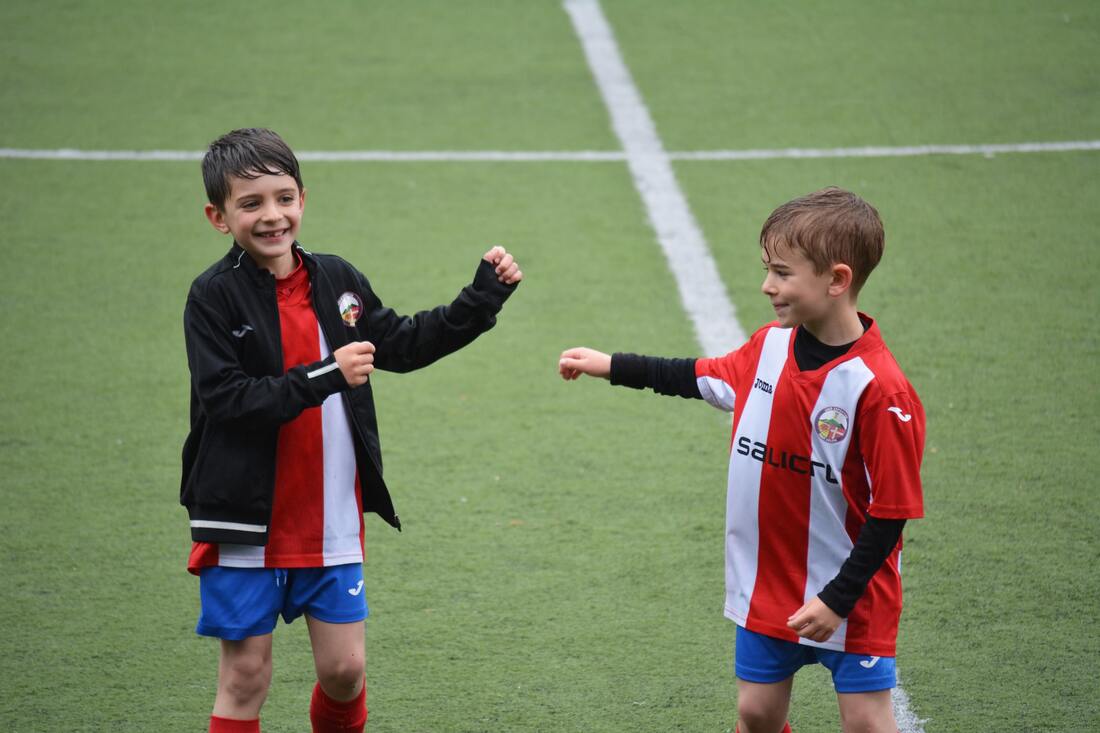|
At times we will all be confronted with difficult social situations where someone is saying something we find challenging. This may be saying unkind or inappropriate things about a friend or acquaintance or may be statements contrary to our own beliefs. Many people find these situations awkward and uncomfortable. Young people are developing the skills to effectively manage these kinds of scenarios and may need some help to do this.
There are three commonly used but less useful/functional reactions to difficult social interactions, these are:
Better ways of managing difficult social interactions are: Consciously deciding that the incident is not worth your time or effort to deal with and to ignore it or walk away from it. The difference between this and being passive is that this is a considered decision rather than simply allowing someone to do something to you. Another option is to choose to act assertively. Whilst this can be difficult to do at times it may be the best choice. Acting assertively means to state your needs/thoughts in a calm, non-threatening way. Young people may need help to think through these options and it may be helpful to practice in advance, so you are more confident of saying what you want to say. People who may be able to help with this are class teachers, counsellors, school deans, parents or more socially confident peers.
0 Comments
Wayne Goldsmith is a well known coach and in this Radio NZ podcast he talks about how to encourage kids to continue playing sports and to keep them from dropping out of playing sports after age 13. Wayne talks about the joy of sport for kids and the need for the adults around kids sports to ensure that they have fun. He identifies the need for kids sports to give them great stories to share on Monday mornings at school and possibly even later in life.
He encourages coaches to inspire, engage and empower kids. He talks about how coaches can counter the lure of games like Fortnight and digital devices in general. A fantastic way to spend 20 minutes listening to a great interview. https://www.rnz.co.nz/national/programmes/afternoons/audio/2018699101/wayne-goldsmith-on-how-we-keep-nz-kids-playing-sport The evidence is slim that time spent by teens on a device is linked to lower wellbeing. My advice to parents is to ensure that your children have a mix of activities which may include time spent on devices. A combination of attending school, engaging in sporting, cultural or other interests along with family responsibilities such as joining in family meals and completing chores, face to face socialising with peers should mean that your child has only a limited amount of time to engage with digital devices and it seems that the science so far is confirming that this is a healthy approach.
If you are interested check out the link below for more details on research that supports my view. https://digest.bps.org.uk/2019/05/31/link-between-teens-time-on-digital-devices-and-lower-wellbeing-is-too-small-to-merit-substantial-scientific-discussion/ |
AuthorRobyn Stead, Child Psychologist and Educator, lives and works in central Auckland. Archives
March 2022
Categories
All
|



 RSS Feed
RSS Feed
